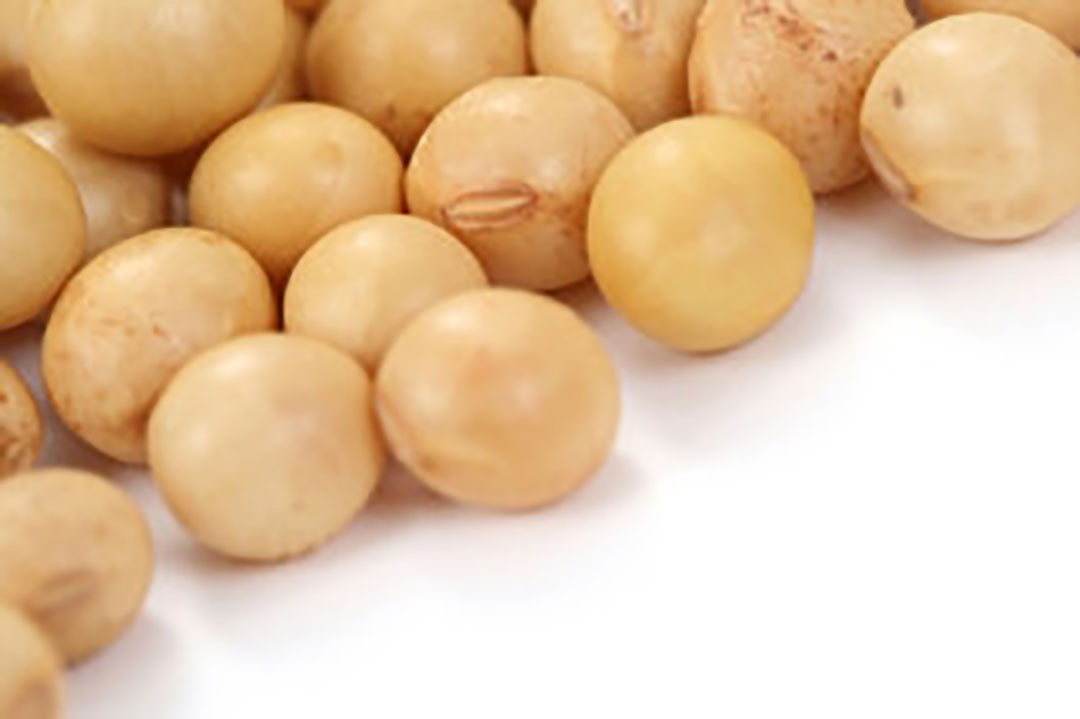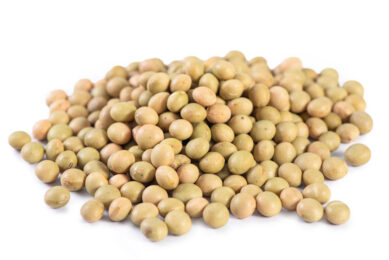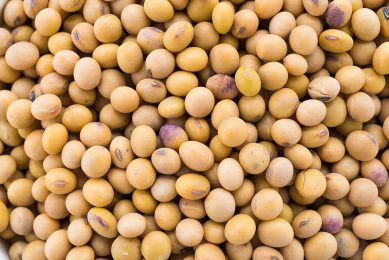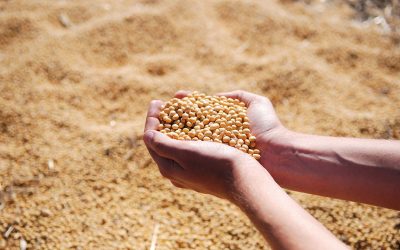The uncertain Brazilian soybean situation

Brazil is expected to produce less soybeans in 2019, which will reduce exports with 15% YOY, to 71 million tonnes in 2019. Exports are also reduced due to smaller beginning stocks compared to 2018.
This is according to the Brazil Agribusiness Outlook 2019, published by Dutch agro-food banker Rabobank.
It is worth mentioning that exports will still very much depend on future developments in the US-China trade talks. The big question will be whether China resumes ‘normal’ buying of US soybeans or whether it cuts out US supplies again – which would mean that China will have to largely buy Brazilian soybeans.
More into biodiesel
Assuming such strong export demand and, consequently, strong export premiums for Brazilian soybeans, local industry might direct its output (soymeal and soy oil) mainly towards domestic demand, especially biodiesel industry needs. There is an expectation that the mandatory blending in the composition of diesel fuel sold to consumers might increase to 11% throughout 2019 (nowadays, this mandatory mixture is at 10%). Rabobank expects Brazil to crush 42.5m tonnes of soybeans in the 2018/19 season, 2.5% less than the crushed volume in the previous season.
Second-crop corn will be better
The favourable weather conditions during soybean planting may bring forward the 2018/19 harvest, and consequently, this will also benefit the second-crop corn – assuming most of the area is planted within the ideal window. Rabobank expects second-crop corn acreage in Brazil to surpass 12 million hectares in 2019, up 5% YOY, while summer corn area has risen 10%, to an estimated 5.5 million hectares. Brazilian total (summer + ‘safrinha’) corn production is expected to reach 90 million tonnes in the 2018/19 season, up from the drought-reduced 80.8 million tonnes produced in the previous season.
Source: Rabobank











